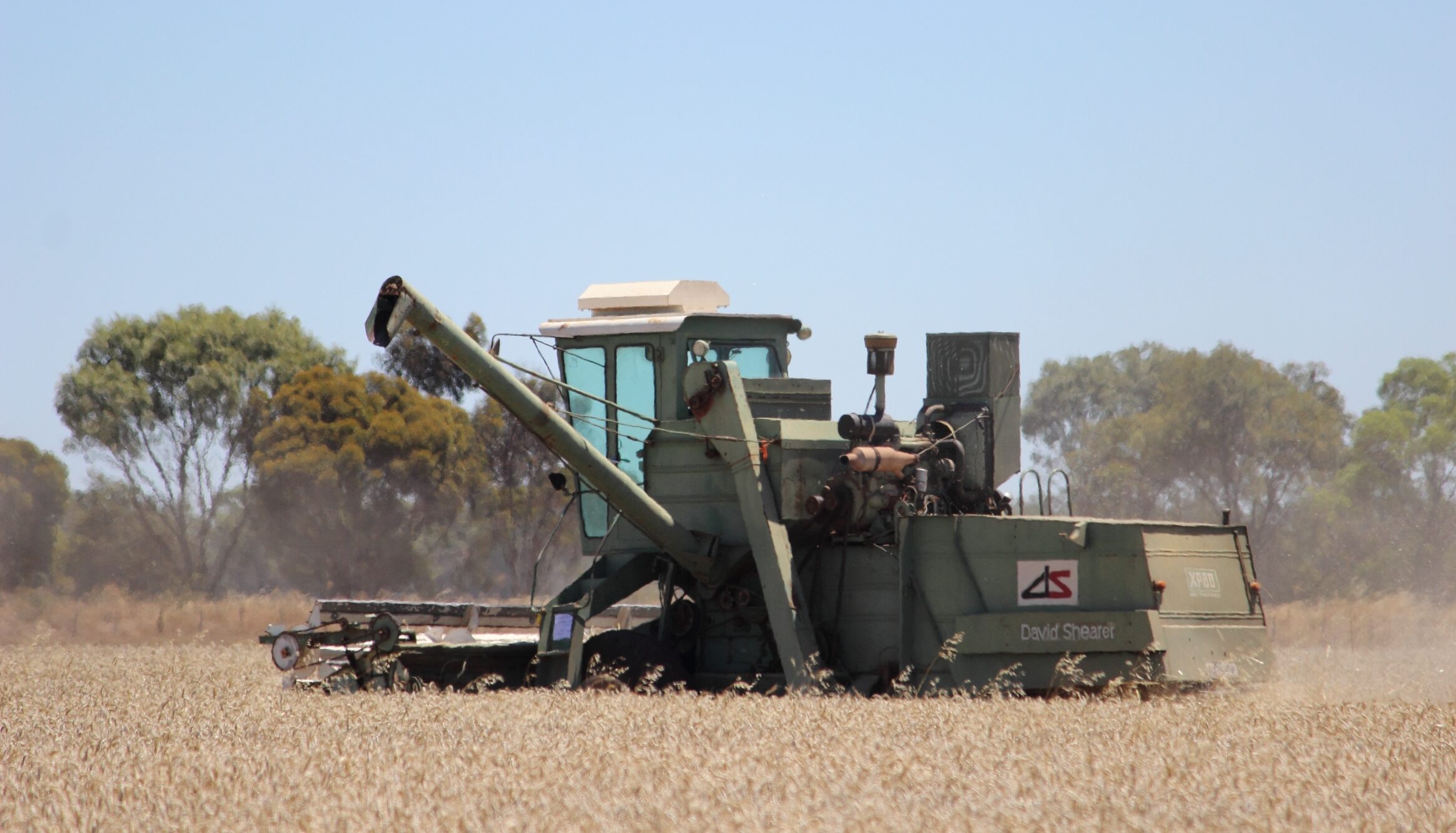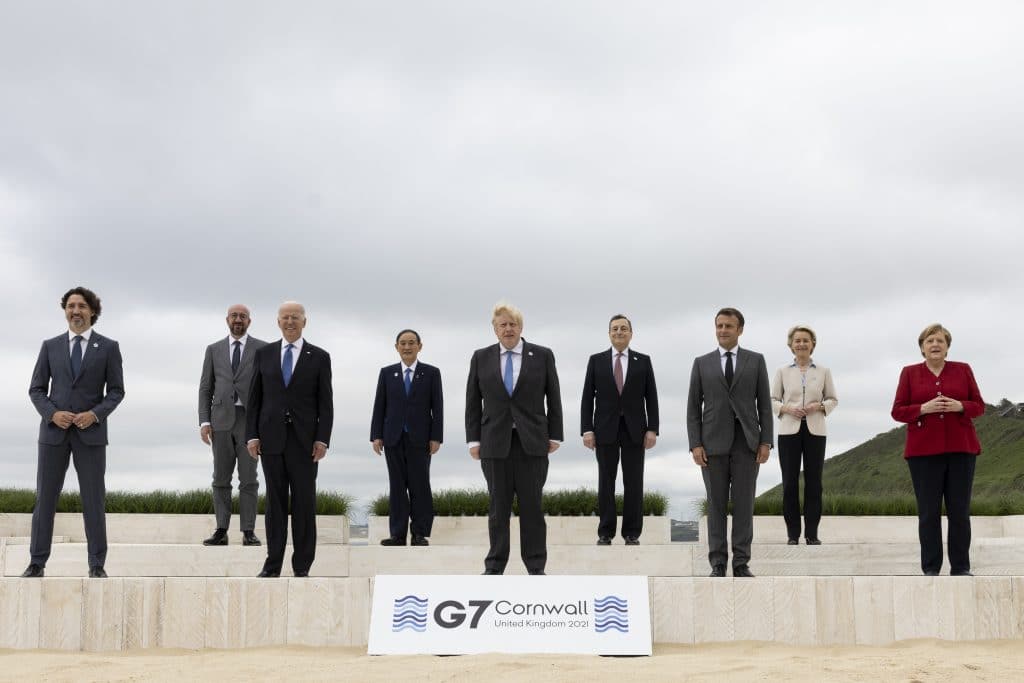Politics is set to dictate agricultural trade, prices, and production, according to agribusiness bankers Rabobank.
The banker made the prediction in its recently released outlook for next year which says China-US tensions will treat agricultural exports as “pawns on a geopolitical chessboard”.
“Agriculture is no longer playing by supply-and-demand rules; it’s also playing by geopolitical ones,” Rabobank’s head of agricommodity markets research, Carlos Mera, says.
“We are only at the beginning of the middle game.
“We foresee continued trade disruptions, fluctuating regional prices, heavy government intervention, and a high probability of unexpected events,” Mera says.
“Farmers, traders, and policymakers alike must prepare for a world where trade is disrupted and the unexpected is now the baseline.”
POLITICS AFFECTING MARKETS
The bank says the politics fuelling trade wars is reshaping production and export patterns through tariffs and subsidies, fragmenting the global food system.
As an example, US tariffs on Chinese imports led to a cancellation in orders for American soybeans as plantings fell to their lowest level in six years.
Corn production grew and by the end of the 2025-26 season, should reduce volatility and keep prices low, it says.
After US President Donald Trump imposed tariffs earlier this year, other governments intensified their agricultural support programs through direct payments, minimum price guarantees and biofuel mandates, the bank notes.
Tariffs and trade barriers could widen price gaps between producing regions, the Rabobank report says.
“… given that we still see a lot of trade barriers ahead, more price differences are likely,” Mera says.
“We expect these geographic price differentials to persist or increase in 2026.”
Meanwhile, the report says that the unintended effects of the trade war are still being corrected.
American authorities are said to be reviewing tariffs on products it does not produce (like coffee and cocoa) which could restore imports from producing nations.
RaboResearch Australia and New Zealand general manager Stefan Vogel says that US trade talks are also a challenge to the status quo business model.
“Several markets in Asia – a region that Australian exports tend to dominate – are willing to increase their purchases of US wheat,” he says.
Despite the politics, global growth this year surpassed expectations, supported by monetary easing, lower energy prices and frontloading of exports ahead of tariff hikes.
However, that growth is likely to fail as the negative effect of tariffs and uncertainty hit in 2026; Rabobank says they can see a fall in global GDP growth from 2.9% this year to 2.7% in 2026 while Australia’s GDP should grow at just under 2% in 2025-26.






